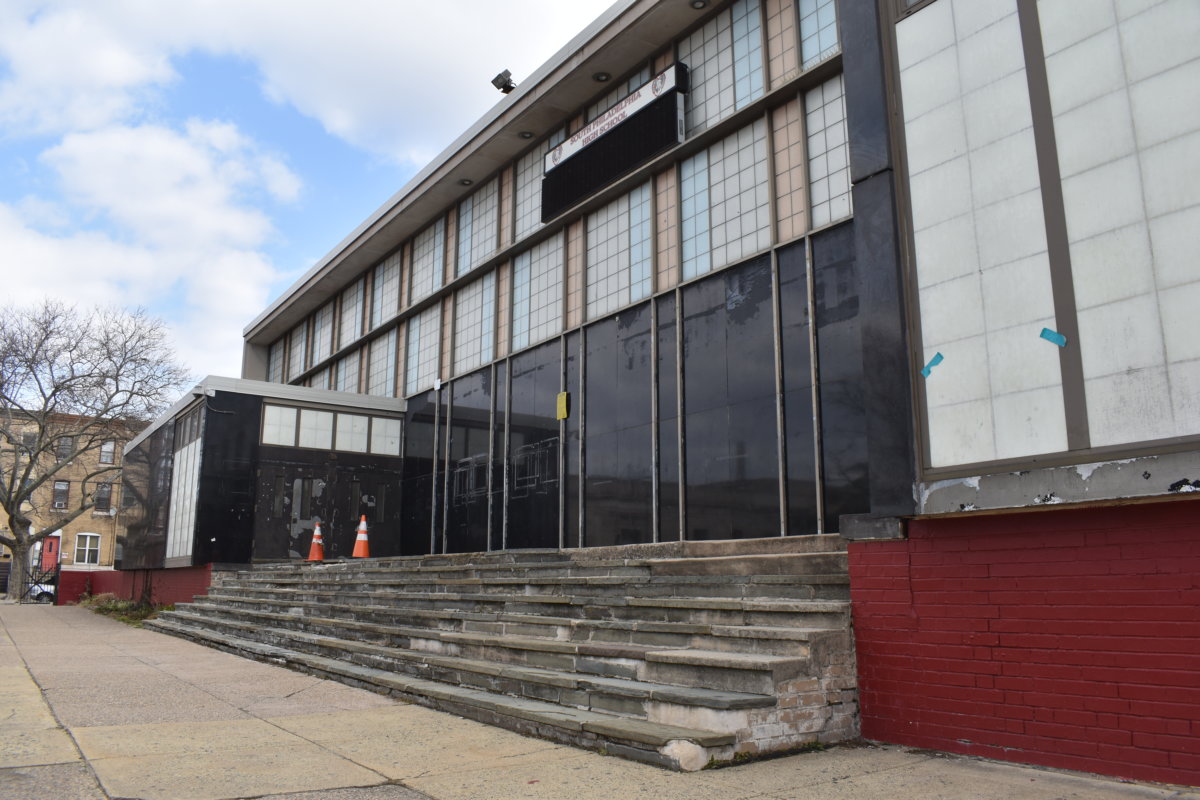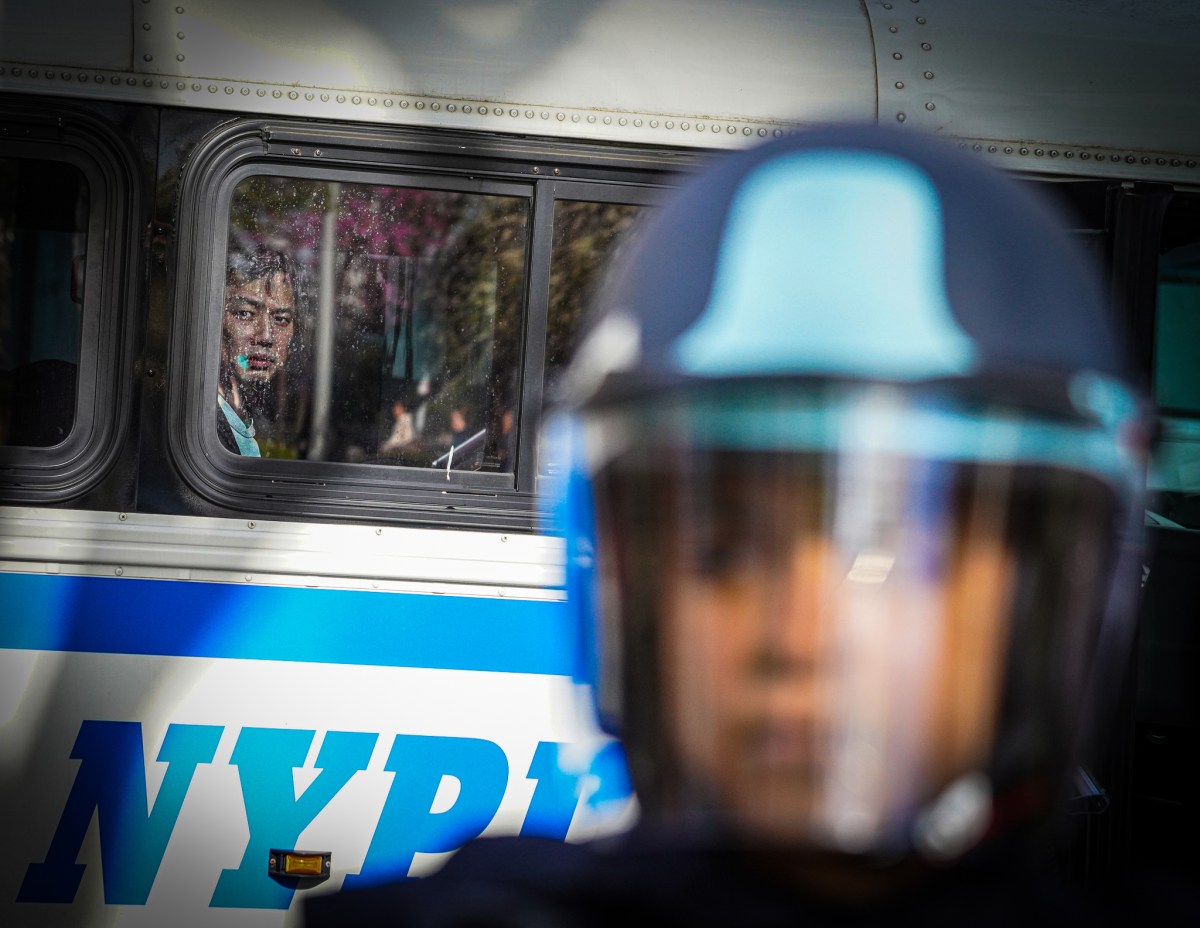OTTAWA – A chastened Harper government laid out the broad strokes of its economic rescue plan Monday, but all eyes were on Tuesday’s federal budget which will plunge the country into deficit for the first time in a dozen years.
Just weeks after predicting that Canada would escape recession and post a budget surplus, the Conservatives now say swift, deep action is needed to stave off disaster.
The minority government reopened Parliament on Monday with one of the briefest, gloomiest throne speeches in memory, replete with references to war and the Great Depression.
It outlined a six-point economic stimulus plan, with the details to come in the budget.
The plan calls for stimulating the economy through public and private investment, including immediate cash for infrastructure.
It says the government will protect the stability of the financial system and ensure access to credit.
And it promises help for the poor, the unemployed, aboriginals, and struggling industries such as the auto sector and forestry.
The throne speech makes only a passing reference to deficits, promising to “avoid a return to permanent deficits.”
Officials have already revealed that the budget will include a massive $64-billion two-year deficit.
A government often noted for its combativeness stressed the need to work together in unstable economic times, referring to the “spirit of open and non-partisan co-operation.”
The Tories made similar peace overtures in the fall before including what proved to be a poison pill in December’s economic statement – a bid to end public financing of political parties.
That prompted the Liberals and NDP to form a coalition – backed by the Bloc Quebecois – in a push to bring down the minority Conservatives.
Prime Minister Stephen Harper only survived by proroguing Parliament for until now.
Liberal Leader Michael Ignatieff said he will wait to see the full budget and consult with his caucus Tuesday night before deciding the fate of the government.
He said he was encouraged by the soft tone of the throne speech and suggested the Tories copied Liberal language on protecting the vulnerable.
But he added: “The stubborn reality is that there’s a problem of trust.”
“This government appears to have a split personality. One time it uses one language, another time it uses another, and our difficulty … is figuring out which government to believe.”
NDP Leader Jack Layton has already said he will vote against the budget, arguing that Harper can’t be trusted.
The four-page throne speech – only one-fifth the length of the one delivered in November – focused almost exclusively on the economy. The brief document included the words “economy” or “economic” at least 10 times.
“The government’s agenda and the priorities of Parliament must adapt in response to the deepening crisis,” said the speech, read by Gov. Gen. Michaelle Jean.
“Old assumptions must be tested and old decisions must be rethought. The global economy has weakened since Canadians voted in the last election.
“In fact, it has weakened further since Parliament met last month.”
Just months ago, the very idea of a budget deficit was considered unthinkable in Canadian politics.
After denying the prospect of a deficit throughout the fall election campaign – and shrugging off the chorus of independent analysts who predicted one was imminent – the Tories have admitted a big deficit is coming.
Tuesday’s budget will include the country’s first budget deficit in 12 years, and it will be a huge one: $34 billion in the next fiscal year alone.
That budget will be the first major order of business in Parliament in a long while. Federal politicians have barely seen the inside of the House of Commons since June.
They were on summer holiday, then fighting an election campaign, and finally sent home by Harper amidst the pre-Christmas power struggle.
Since then, Canadian politics has been turned on its head:
-The Liberals forced their leader out the door and united under Michael Ignatieff.
-The Canada-U.S. political dynamic saw itself transformed by the arrival of Barack Obama.
-The global economy has gone further into a black hole.
The Conservatives have used the seven-week parliamentary break to prepare the budget – and this time, they’ve gone out of their way to warn Canadians about the monumental deficits ahead.
They’re also released details of most big-ticket budget items, including $7 billion for infrastructure.
Attention is now turning to how many billions in tax cuts the Conservatives will offer in the budget.
Here are the highlights of the throne speech:
-Stimulating the economy through direct government action and by encouraging private expenditure.
-Immediate action to build Canada through new investment in infrastructure.
-Acting to protect the stability of our financial system.
-Moving to ensure access to credit for businesses and consumers.
-Support for Canadian industries in difficulty – including forestry, manufacturing, automotive, tourism, agriculture – and to protect families and communities who depend on those jobs.
-Protecting the vulnerable: the unemployed, lower-income Canadians, seniors, aboriginals, and others hit hardest by the global economic recession.
















